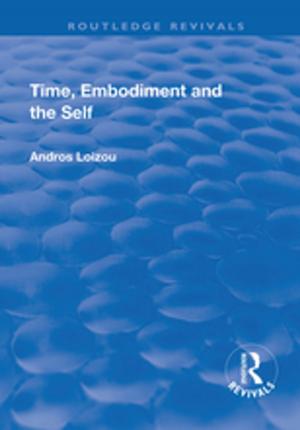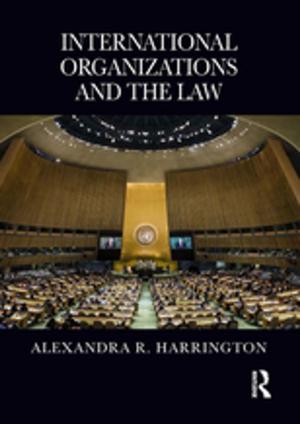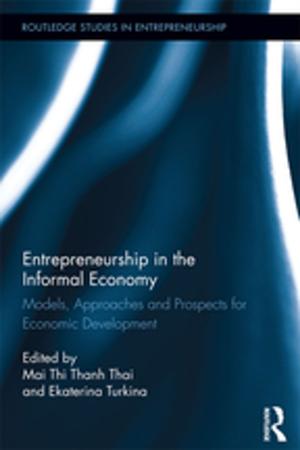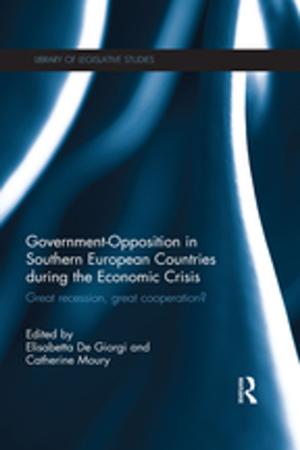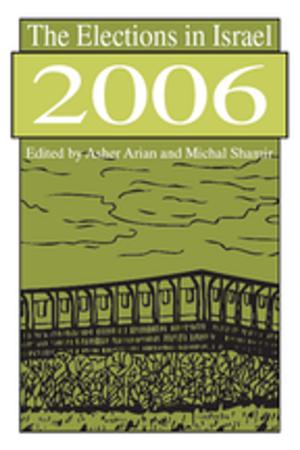Diplomacy and Displacement
Reconsidering the Turco-Greek Exchange of Populations, 1922–1934
Business & Finance, Economics, Economic Conditions, Nonfiction, Social & Cultural Studies, Political Science| Author: | Onur Yildirim | ISBN: | 9781136600098 |
| Publisher: | Taylor and Francis | Publication: | May 7, 2007 |
| Imprint: | Routledge | Language: | English |
| Author: | Onur Yildirim |
| ISBN: | 9781136600098 |
| Publisher: | Taylor and Francis |
| Publication: | May 7, 2007 |
| Imprint: | Routledge |
| Language: | English |
This study presents a comprehensive, balanced and factually grounded narrative of the Turco-Greek Exchange of Populations as a historic event that has been the subject of much distortion in the historiographical traditions of nationalist lore in Greece and Turkey, as well as in scholarly publications of various sorts elsewhere over the span of the past eighty years. Diplomacy and Displacement contributes to the general literature on the Exchange by incorporating into the broader picture the Turkish dimension of the event, particularly the Turkish side of the decision-making process, and the episode of the Muslim refugees that have been left outside the scope of the research agenda, thereby, breaking up the established notion of the Exchange skewed towards the Greek side. It thus sheds doubt on the success paradigm attributed to this event. By adopting a people-centered approach to the Lausanne Treaty and its consequences, the book offers a critique of official versions of the story and encourages people to consider policy decisions together with their huge and often devastating implications for the lives of ordinary people.
This study presents a comprehensive, balanced and factually grounded narrative of the Turco-Greek Exchange of Populations as a historic event that has been the subject of much distortion in the historiographical traditions of nationalist lore in Greece and Turkey, as well as in scholarly publications of various sorts elsewhere over the span of the past eighty years. Diplomacy and Displacement contributes to the general literature on the Exchange by incorporating into the broader picture the Turkish dimension of the event, particularly the Turkish side of the decision-making process, and the episode of the Muslim refugees that have been left outside the scope of the research agenda, thereby, breaking up the established notion of the Exchange skewed towards the Greek side. It thus sheds doubt on the success paradigm attributed to this event. By adopting a people-centered approach to the Lausanne Treaty and its consequences, the book offers a critique of official versions of the story and encourages people to consider policy decisions together with their huge and often devastating implications for the lives of ordinary people.





